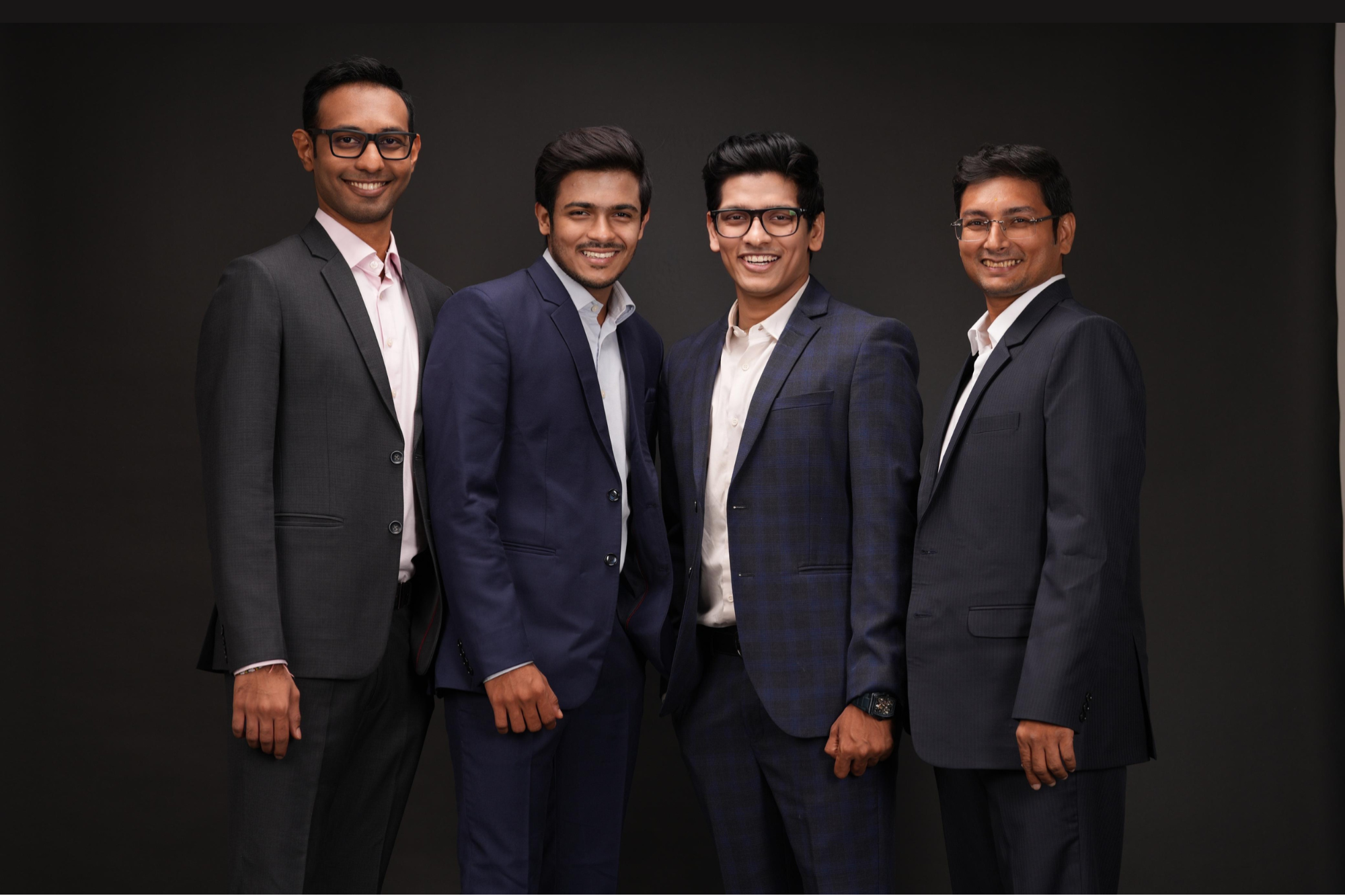How This Entrepreneur reshaped Our Sleep When delivery became a challenge, this entrepreneur looked inside the box for solution!
This story appears in the July 2018 issue of Entrepreneur India. Subscribe »
You're reading Entrepreneur India, an international franchise of Entrepreneur Media.

When Kabir Siddiq came back to India, he never found the perfect fit for a perfect sleep. "There are big brands in the mattress category but the quality is still a concern. Instead of looking for another option, I decided to make one," Siddiq explains. He put in a massive research to design a scientifically modeled mattress with best quality raw materials and SleepyCat eventually revolutionized the art of sleeping. "There was an initial euphoria and we started selling well," he says, till the day he was unable to deliver mattresses to a customer and ended up losing Rs 1 lac.
"Once a client had ordered two premium mattresses but unfortunately, those could not be delivered because neither of those could fit through the elevator nor through the stairs," he explains. Watching the delivery men struggle, he thought of making those in pieces which could be assembled at the time of delivery. On top of that, owing to their size and weight, the labor and delivery charges also increased. About Rs 4,000 to Rs 8,000 delivery charges were placed to send those across India, which directly restricted the order flow. He understood that it was the right time to bring in an innovation which came at the cost of a new manufacturing set-up.
A Cushion-less Blow
During his graduation in the US, he had seen a mattress company compress a huge mattress inside a box. The technology amused him but the idea stayed with him. He sold off the existing stocks and started manufacturing high-end foam mattresses which could be compressed. "I imported a compress packaging machine from China that could squeeze out 100 tons of air from high-quality foam. Post that, the mattresses are vacuum sealed," explains Siddiq adding, "Once you unpack, the mattresses take the original shape."
This cuts down the delivery cost to Rs 300 - Rs 600. The smaller packages were launched in November 2016. "Interestingly, we grew 200 per cent from the next month and were out of stock for 20 days," he affirms. To battle this, he built a website and started taking pre-orders. "While we had delivery issues within one city, now the innovation has enabled us to send mattresses to the remotest corners of Ladakh and Kashmir," he concludes.
(This article was first published in the July issue of Entrepreneur Magazine. To subscribe, click here)












